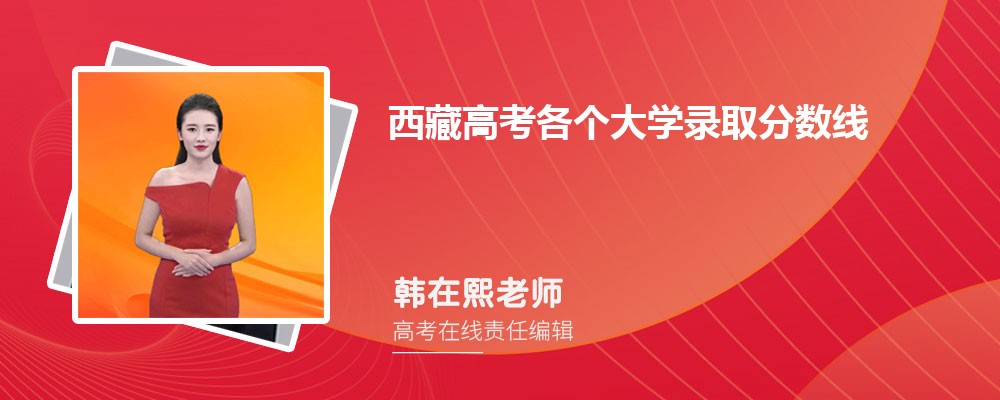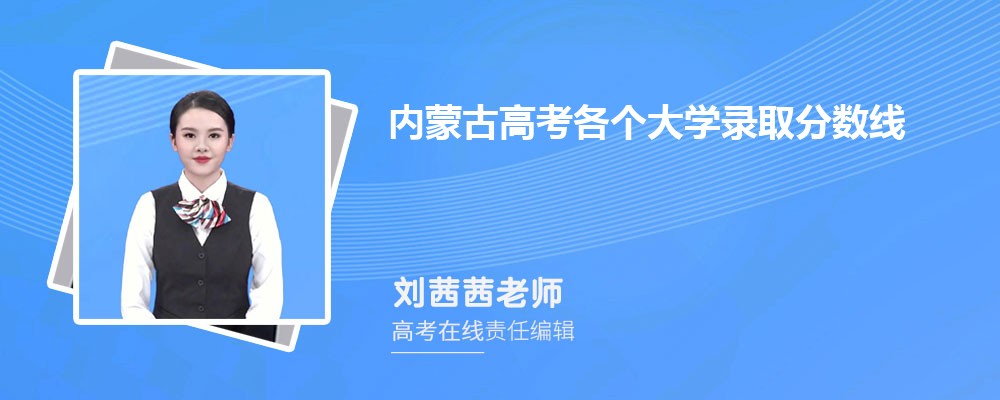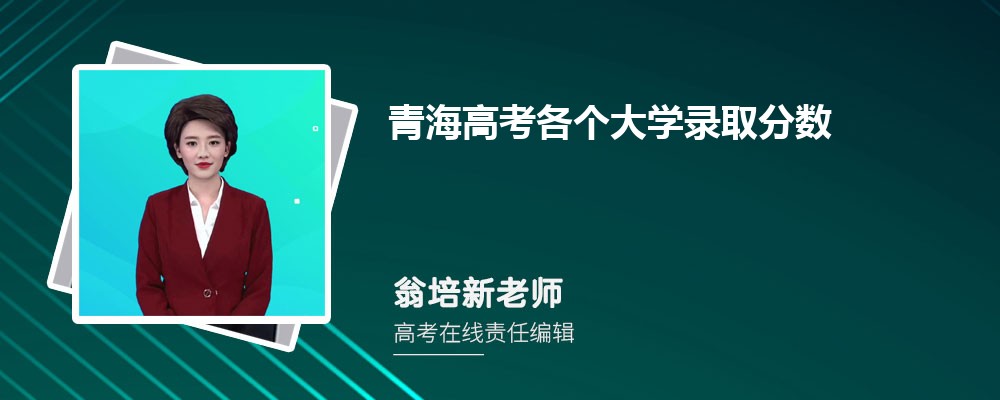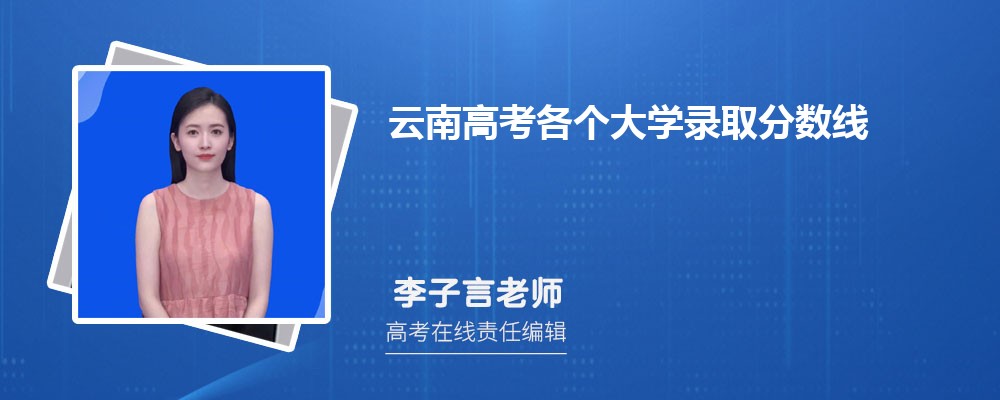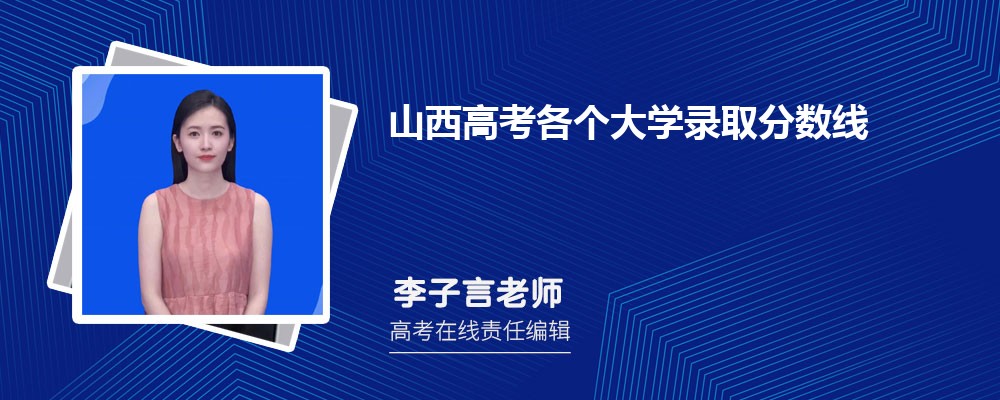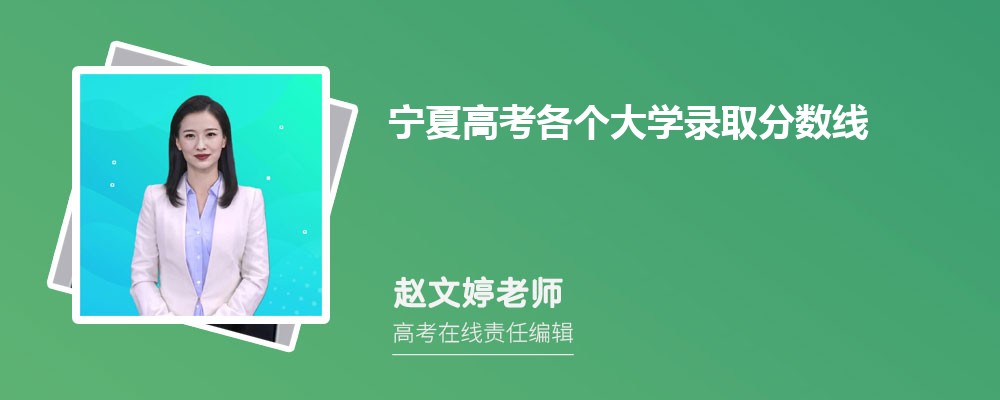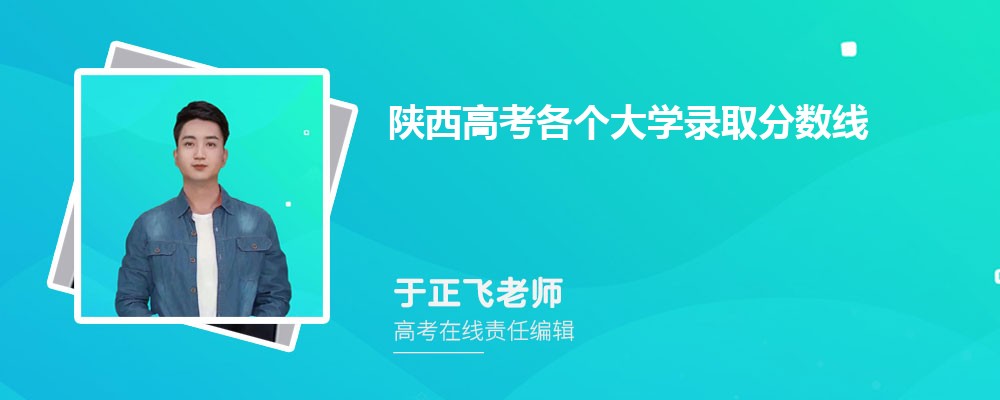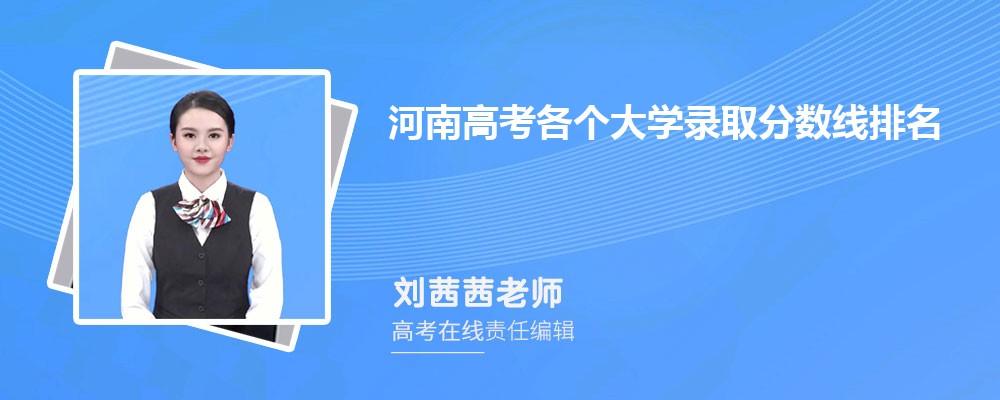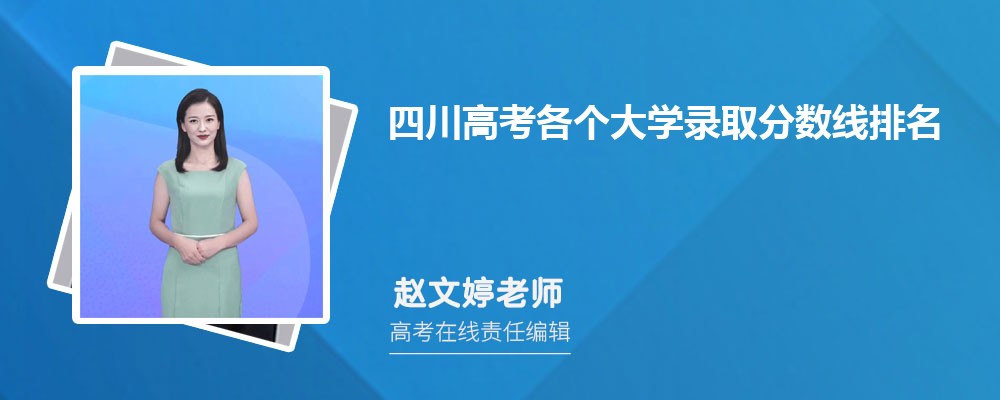-
相关文章
英语培训学习心得通用十五篇)
2023-08-02 14:04:12精选安全知识作文锦集8篇
2023-08-12 01:45:59初二数学学习方法(通用十六篇))
2023-08-17 03:13:24关于学习方法演讲稿(合集十五篇)
2023-08-04 04:40:06关于家庭教育公开课观后感(通用12篇)
2023-08-02 08:28:30精选家庭教育作文汇编九篇
2023-08-12 04:51:50安全知识学习心得体会集锦12篇
2023-08-08 22:50:07学校交通安全事故的应急预案范文(通用11篇)
2023-08-02 06:38:17有关消防安全应急预案(精选六篇)
2023-08-17 05:14:23学校有关汛期安全的应急预案
2023-08-15 14:44:32安全生产事故救援应急预案范文
2023-08-13 23:02:45
实用的学生英语学习计划四篇
学生英语学习计划 篇1
首先,对学生的学习情况有清晰的认识。通过对平时的单元练习测试分析进行一个汇总,从而弄清学生易错点,有针对性地进行复习,对学生掌握较好的内容可以少花点时间,而对于学生来说较难的则要想办法,通过讲解、练习、分析、总结等方法,把难点个个击破。
其次,进行有效训练,从而提高学生成绩。所以教师必须深入题海,精选题目,提高训练实效。在实践中,一类是基础知识训练,如四会要求的单词、词组、句子的默写训练;另一类是针对考试中常见题型选编的一些题目,让学生在适量的训练中熟能生巧,掌握答题技巧。准备几本优秀的习题集、试卷集,供我们参考、选择,经过复印、剪贴和重组,就能得到最适合我们学生、教学实际的练习,为达到有效的训练目标创造条件。
再次,要进行反思。我们在复习时首先要引导学生建立错题集,把练习中错误的题目集中到一个本子上,便于学生在一个阶段后的反思、复习,减少学生在同一种题型上犯同样的错误,并培养他们“举一反三”的解题能力。
在具体复习中,我们还有如下几点:
1、以听说读写为主要途径,要让学生多读,在紧张的复习阶段同样不忘培养学生朗读英语的习惯,所有单词、词组、句子等都是阅读材料,都要指导学生朗读,对四会单词、词组要一一过关,进行默写。
2、采用分层教育,帮助不同层次的学生获得不同的提高和收获。因我校学生两极分化现象极为严重,因此在复习过程中,我将对不同层次的学生提不同的要求。对基础较差的同学重点放在基础知识的复习上,对于一部分尖子生重点放在能力的培养和知识的综合运用上。
3、以教材为重点,侧重于教材的复习和梳理。在复习顺序上,我觉得还是先局部,再整体,即先单元复习字、词、句、篇基础知识,再综合全面、查漏补缺地进行复习、训练,并要注意不断反思,调整复习内容、方法等。首先对每册书的单词进行分类复习。四会的单词要求每个学生必须会背写,与此同时教师要进行语音的指导,在上课时适当进行语音训练。其次要以每单元为单位进行句式的复习,我们要把重要句式进行总结让每位同学摘抄,以加深印象。对重要句子学生不仅能书写还能运用。主要措施是让学生练习写句子和做一些相应习题。
总之,紧张的复习工作已经全面展开,我们要以学生为主体,努力从实际出发,让所有的学生都获得一定的提高和进步,不但在考试中取得好成绩,也为今后的学习打下坚实的基础。
学生英语学习计划 篇2
1、全面分析,正确认识自己。
准确找出自己 的长处和短处,以便明确自己学习的特点、发展的方向,发现自己在学习中可以发挥的最佳才能。
2、结合实际,确定目标。
订计划时,不要脱离学习的实际,目标不能定得太高或过低,要依据:(1)知识、能力的实际;(2)“缺欠”的实际;时间的实际;教学进度的实际,确定目标,以通过自己的努力能达到为宜。
3、长计划,短安排。
要在时间上确定学习的远期目标、中期目标和近期目标。在内容上确定各门功课和各项学习活动的具体目标。学习目标可分为:(1)掌握知识目标;(2)培养能力目标;掌握方法目标;达到成绩(分数)目标。
长计划是指明确学习目标,确定学习的内容、专题,大致规划投入的时间;短安排是指具体的行动计划,即每周每天的具体安排和行动落实。
4、突出重点,不要平均使用力量。
所谓重点:一是指自己学习中的弱科或成绩不理想的课程或某些薄弱点;二是指知识体系中的重点内容。订计划时,一定要集中时间,集中精力保证重点。
5、计划要全面,还要与班级计划相配合。
计划里除了有学习的时间外,还要有进行社会工作、为集体服务的时间;有保证睡眠的时间;有文体活动的时间。时间安排上不能和班级、家庭的正常活动、生活相冲突。
6、安排好常规学习时间和自由学习时间。
常规学习时间(即基本学习时间):指的是用来完成老师当天布置的学习任务,“消化”当天所学知识的时间。
自由学习时间:指的是完成了老师布置的学习任务之后,所剩下的归自己支配的学习时间。在自由学习时间内一般可做两件事:补课和提高。补课是指弥补自己学习上的缺欠;提高是指深入钻研,发展自己的学习优势或特长。不管是补课还是提高,最好要围绕一个专题进行,这样做,学习比较容易见效果。
自由学习时间内所取得的学习效果,对改变学习现状具有重大的作用,因此这一时间的安排,应当成为制订学习计划的重点之一。
7、脑体结合,学习和其他活动应合理安排。
在安排计划时,不要长时间地从事单一活动。(1)学习和体育活动要交替安排。比如,学习了一下午,就应当去锻炼一会儿,再回来学习;(2)安排科目时,文科、理科的学习要错开,相近的学习内容不要集中在一起学习;同一学科的材料,用不同的`方法学习。
8、提高学习时间的利用率
时间是宝贵的,自觉提高时间利用效率,是每个中学生学习上进行自我修养的重要内容。(1)早晨或晚上,一天学习的开头和结尾时间,可安排着重记忆的科目,如英语科等;(2)心情比较愉快,注意力比较集中,时间较完整时,可安排比较枯燥的内容或自己不太喜欢的科目;零星的或注意力不易集中的时间,可安排学习自己最感兴趣的学科或做习题。这样可以提高时间的利用率。
9、计划要留有余地。
10、注意效果,定期检查,及时调整。
检查内容:(1)计划中的学习任务是否完成?(2)是否基本按计划去做?学习效果如何?得失,找出偏差,分析原因,以利改进。从而实现自我管理,自我控制,自我激励、自我调整。
学生英语学习计划 篇3
单词卡记忆法:
1、制作单词卡。
2、每天早餐前、午餐前、晚餐前各背2-3个单词,不允许积累,不背不允许吃饭。
3、当天晚上复习一次。
4、周三和周六在作业吧找老师考核单词卡。
5、准备“易错单词本”,考核时单词出错直接抄写上去,然后强化记忆三遍,回去再复习。
6、半个月在作业吧考试一次单词。
7、一个月考试一次单词。
8、月考后如果还有单词没掌握好,写到纸条上,贴在课桌和床头等明显的地方,通过经常观察达到掌握的目的。
朗读计划:
1、朗读与学生学习阶段相适应的满分作文。
2、一天只允许朗读一篇。
3、有感情的朗读,声情并茂,加入面部表情和肢体语言。
4、一篇作文通过三遍朗读达到的效果,朗读文章是为了减轻压力、陶冶情操、欣赏美文、锻炼自己的语言表达能力,必须用心朗读。
5、朗读环境可以在自己的房间内进行,是当着父母的面朗读,父母是评委,可以为学生的朗读进行评价,有利于亲子关系的培养。
6、用心体会文章的意思,达到课外阅读理解专项训练的效果。
学生英语学习计划 篇4
Children Targeted for Better Learning in Cambodia
A group of 50 Cambodian schoolchildren are trying a program to develop young people who can improve the country.
They are working to develop a model program that can be repeated in other countries.
In 20xx, teachers and staff from the Liger Learning Center interviewed hundreds of children across Cambodia. They wanted to find the most promising students. They chose 25 boys and 25 girls. The Liger Learning Center paid for all of the students’ education and living costs.
Most of Liger's 50 students are from poor families. Cambodia has a weak public education system. Children of low-earning families have little chance to receive a quality education.
The Liger school wants to change that for these 50 students. Next year, they want to add 50 more students. Over time, they want to change education for the whole country.
U.S. businessman Trevor Gile, who started the school with his wife, was in Cambodia last week. He said that the goal of the school is to help people help themselves, instead of just giving them money. That means those who attend the school have to give something back.
Education in Cambodia is slowly improving. But the education minister has a very big job ahead.
Teaching methods at government schools are based on rote learning, memorization of subjects in order to pass exams.
Mr. Gile’s wealth means that Liger is ahead of other schools. Each Liger student, for instance, has a laptop. The school uses a more modern teaching style. Students often do group projects and take class trips.
Thirteen-year-old Seiha was chosen. His parents, who have very little money, were happy. Seiha worked with a team of Liger students to write a book about Cambodia's wildlife. Another book the Liger students wrote about the economy will be used in schools across the country.
Trevor Gile says, in the end, the Liger Learning Center is about more than helping Cambodia to move forward.
Mr. Gile is happy with the progress so far. He says he is sure Liger will show the results it promises. Then, he says, other individuals and organizations will want to expand the idea.
Trevor Gile expects that by 20xx there will be at least 10 Liger schools in the region and beyond.
By then, this class of 12- and 13-year-olds will have graduated. If all goes as planned, they will be using the skills they are learning here to help Cambodia move forward.
I’m Jonathan Evans.
Do you have school-age children in Asia? How does this new program sound to you? Please leave a comment below or on our xxxxxxxxxxxx page.?
Robert Carmichael wrote this story VOA News. Adam Brock adapted it for Learning English. Caty Weaver was the editor.
Words in This Story
experimental – adj. made or done in order to see how well something works
scholarship – n. an amount of money that is given by a school, an organization, etc., to a student to help pay for the student's education
take the world by storm – idiom. Have great and rapid success in a particular place or with a particular group of people
not by a long shot – idiom. Not even close
rote learning – n. the process of learning something by repeating it many times without thinking about it or fully understanding it
experiential learning – n. the process of learning through experience or "learning through reflection on doing".
wildlife – n. animals living in nature: wild animals
pet project – n. a favorite personal project
region – n. a part of a country, of the world, etc., that is different or separate from other parts in some way


